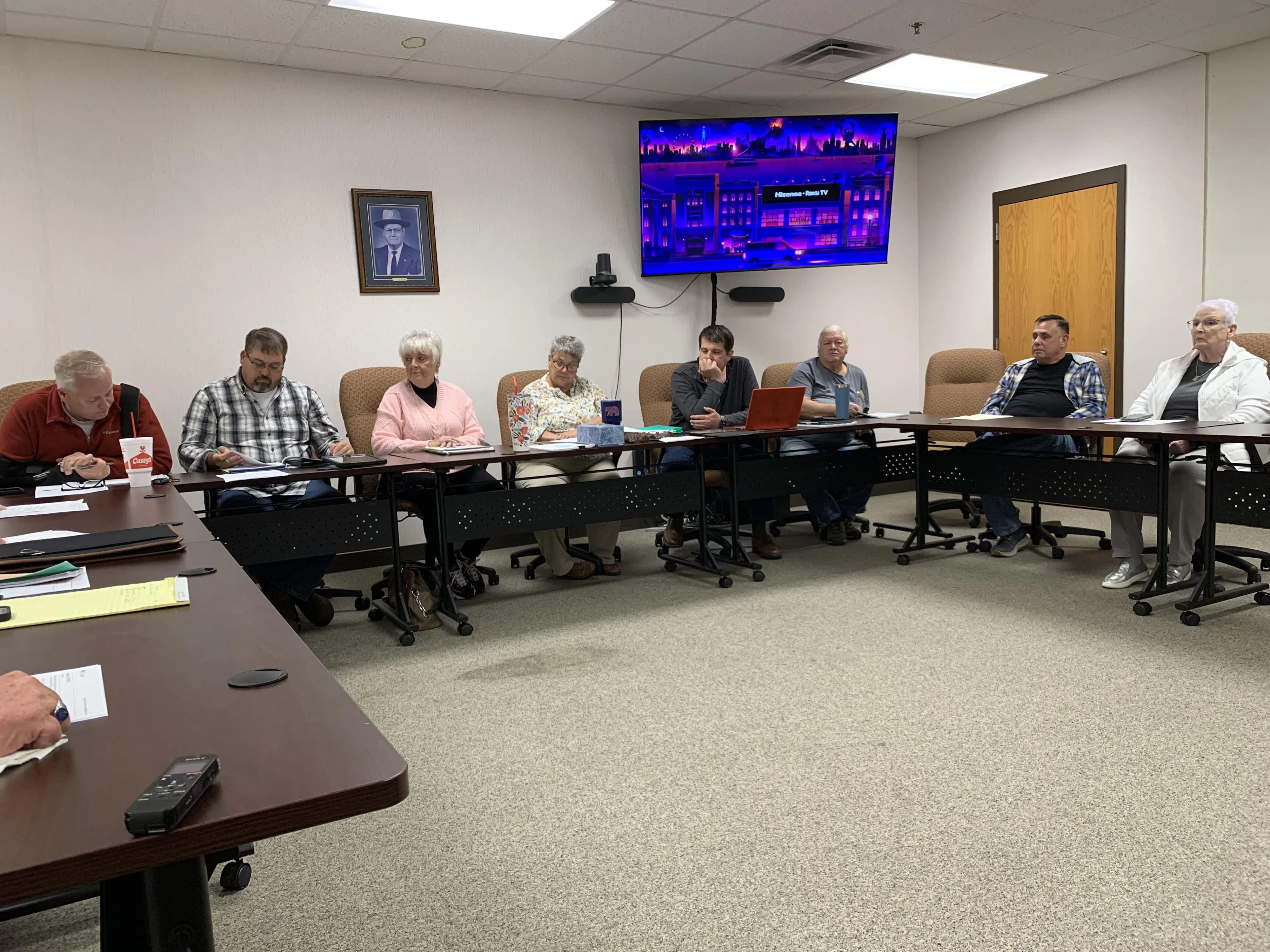The Marion County Board’s Community Relations Committee Tuesday night decided to move towards its own animal control facility after looking at various options.
Marion County is facing a near doubling of its cost to use the Centralia Animal Control Facility. That contract doesn’t cover the smaller communities in the county leaving them without any place to take stray dogs or potentially dangerous dogs.
Board Chair Debbie Smith says any facility would be six to 12 months away as there will be a number of issues to be addressed.
“We have to take care of the other county families and things, the unincorporated areas, incorporated areas, everybody,” Smith said. We just need to get everything in place and settle this issue forever. It’s been a nightmare since day one. I’ve been on it for twelve years already, and it’s time to lay it to rest.”
Committee Chair Bill Henson key issues now are finding a facility, finding people to operate it, and how to pay for it.
“We discussed options tonight, whether we have to cut from other areas of our budget, whether we have to impose a fee for service, or whether we may have to increase taxes,” Henson said. “That’s our last option. Our other options are to find areas where we can cut and make this work without a burden to the taxpayers.”
Central City Mayor Neely Reed noted their residents paid the same county property taxes as those in the unincorporated area and he didn’t think it was fair to ask the smaller towns to kick in more to be able to utilize a facility.
Committee member Tracy Murray suggested they also look at grant possibilities. He explained how Fayette and Clinton County are operating their own facilities.
The meeting began with former Centralia City Manager Dan Ramey presenting a possible option to have every participating unit of government paying $13 per resident per year to support the facility. He estimated it would cost $200,000 to build and operate the facility. The county’s current animal control budget is $88,000, with about 55,000 of that amount coming from the sale of dog tags.
In the interim, committee members hope veterinarians will work with them and the smaller communities to hold dangerous dogs and those who are quarantined due to possibly having rabies. However, Animal Control Officer Ken Ferguson didn’t think that was a viable option because the vets don’t have facilities to handle such animals.
No action was taken on the proposed new contract to utilize the Centralia Animal Control Facility because Smith said she has not yet received it from the City of Centralia and she is uncertain about its terms. She said they would have to adhere to the agreement until they have another option in place. Any final decisions on animal control would also have to approved by the full county board.


